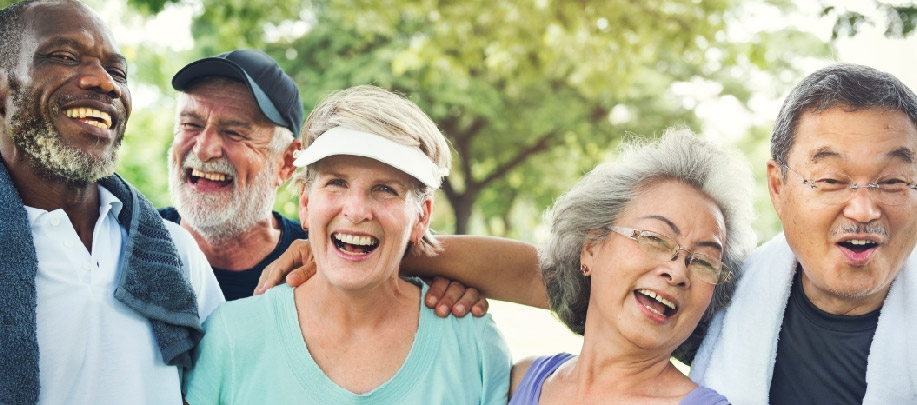Elderly Dehydration: Signs and Suggestions
Dehydration is a common condition among senior citizens, especially those living in nursing homes or assisted living situations. As we age, our body’s ability to regulate fluids decreases, and we are less likely to receive the signals that tell us we are thirsty and prompt us to drink. Additionally, mobility issues can make it difficult to get to the sink or open a bottle of water. The most common and obvious cause of dehydration is inadequate fluid intake, but excessive sweating or loss of fluid through vomiting and diarrhea can also cause dehydration. Having a condition such as diabetes, kidney problems, or heart disease increases the risk. Additionally, fluid balance in the body can be affected by certain medications, such as those commonly taken for high blood pressure.
The Signs
Signs of mild to moderate dehydration include infrequent urination, difficulty swallowing, headaches, constipation, dry skin and mouth, and decreased energy. Mild cases of dehydration can usually be treated by increasing fluid intake. Water is best, but sipping small amounts of a sports drink will help restore electrolytes often lost along with fluids. Moderate to severe dehydration can result in disorientation, irritability, a rapid pulse, low blood pressure, muscle cramps, heavy breathing, inability to keep down fluids, and severe diarrhea. A severely dehydrated person may exhibit abnormally wrinkled skin, and their eyes may appear sunken. Anyone experiencing symptoms of moderate to severe dehydration should see a medical professional right away, as intravenous fluids may be required to restore proper fluid balance.
Suggestions
Of course, it is best to avoid dehydration altogether by drinking water throughout the day. Our bodies naturally lose fluid during the digestive process, through skin evaporation, and even when we breathe. These fluids must be replaced daily to keep the body in good working order. The standard advice has been to drink eight glasses of water each day, but in reality, there is no hard and fast rule. Instead, seniors should be encouraged to drink throughout the day. A pitcher or easy-to-open bottle of water kept by a favorite chair or bedside will encourage the habit of sipping. Fluids should be available at all times, not just with meals. Water is the best choice, but caffeine-free teas, milk, or juice will also help to hydrate the body. If dehydration is an ongoing issue, it is best to avoid alcoholic or caffeinated beverages, both of which can exacerbate dehydration. And don’t forget that food can provide valuable hydration. In fact, most people get the majority of their fluids from food, especially fruits and vegetables. Watermelon, cucumber, tomato, papaya, and iceberg lettuce are a few that top the list of hydrating foods, but most fruits and vegetables will contribute to a person’s overall fluid intake. Broth-based soups are another good way to sneak in some extra fluids.
How to Know if you are Hydrated
So how can you tell if you or a loved one is well-hydrated? A good way to tell if you are getting enough fluid is to go by the color of your urine. Light-colored urine is an indication a person is well hydrated, while darker-colored urine is a sign of dehydration. For those in nursing homes or assisted care facilities, a regular morning weigh-in can also help diagnose dehydration. Weight loss of a pound or two overnight is usually a sign of dehydration and an indication that rehydration should be prioritized.

near you
